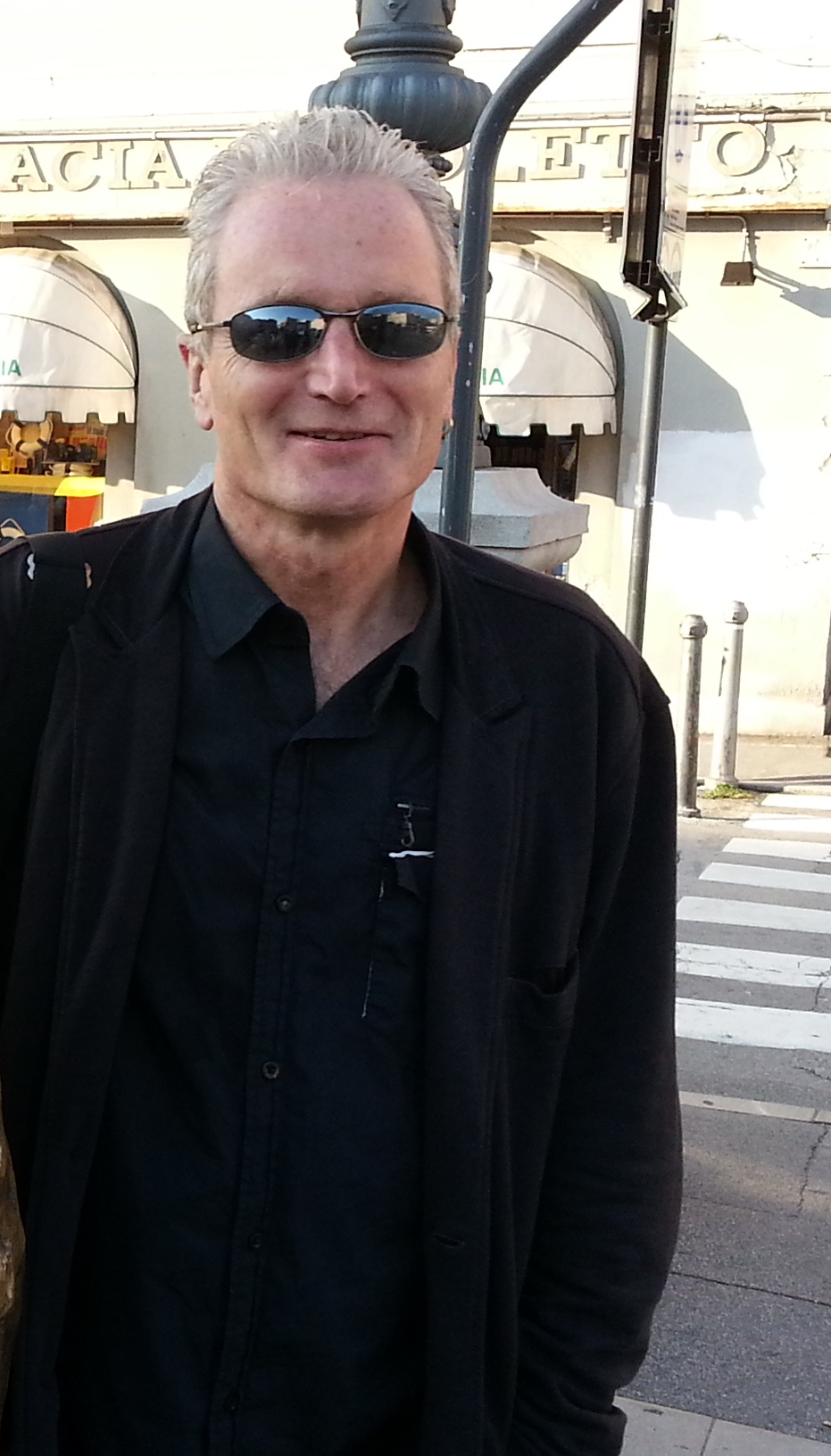Event

The Paradox of Moving Labor: Workers in the films of Jia ZhangKe.
Often described as postsocialist realist, Jia’s films have stretched the limits of what can be “documented” in the new China. While his films have not always addressed the plight of the worker in the contemporary PRC (witness, most obviously, A Touch of Sin) they have attempted to fathom the gaping and contradictory schism between the compressed capitalism of Dengist modernization and the worker/peasant state envisaged in 1949. Hardly nostalgic for Mao or other even more sedimented codifications of Chinese tradition, Jia nevertheless ponders rapid change as not only a moral and political dilemma for aesthetics but a specific visual problem. Is there a cinematic grammar that can grasp the transformation of the worker from a visible icon to the invisible maker of the Iphone? Why is it that the migrant worker becomes visually obtuse when she moves yet can be effortlessly graphed when she stays in (her) place? Can the visual speak worker life? Can silence speak it even more? Jia’s films are rigorously unaffiliated. He neither denigrates nor lionizes his worker subjects and draws back from sociological clarification. If he ever believed in a worker state his aesthetic is one of “red detachment.” While some have argued that the backdrop for Jia’s films is principally xiancheng, or the small city of the country, I want to explore the visual economy of Jia’s workers through the “becoming metropolitan” of the peasantry. More than proletarianization, this is the space of instant decay, a kind of aphanisis in worker subjectivity and freedom (in contrast to the freedom to extract value, or the freedom to be seen). While the dead space of proletarianization continues to expand (another paradox that I term “falling labor”) Jia, like a fellow documentarian of his generation, Wang Bing (particularly in his film Tie Xi Qu, West of the Tracks, 2003) elaborates the problem of the worker’s state as temporal, as a question of time and timing. And this is a challenge for cinema as well as a politics of representation.
Peter Hitchcock is a Professor of English at the Graduate Center and Baruch College of the City University of New York. He is also on the faculty of the Film Studies and Women’s Studies Certificate Programs. He is currently Associate Director of the Center for Place, Culture and Politics at the GC. His books include Dialogics of the Oppressed, Oscillate Wildly, Imaginary States, and The Long Space. He has published some one hundred articles, reviews and interviews in edited collections and such journals as PMLA, NLH, RAL, SAQ, MFS, PMC, Rethinking Marxism, Mediations, New Formations, Genders, Transition, Social Identities, Cultural Studies, Postcolonial Studies, Third Text, Polygraph, Mosaic, The Comparatist, Comparative Literature, Symploke, Poetics Today, and European Joyce Studies. He has published on Dziga Vertov, Tsai Ming-liang, Zhang Yimou, Zhang Yuan, Stephen Chow, Tony Richardson, Manthia Diawara, Isaac Julien, Dani Kouyaté, Cheick Oumar Sissoko, John Sayles, Stephen Frears and Hanif Kureishi among others. He has contributed to the Blackwell Companion to Literature and Film as well as anthologies on Hong Kong and Mainland Chinese cinema. His work is available in six languages. His current book projects include an analysis of the representation of labor and a theoretical exegesis of spatiality, temporality, and seriality.
